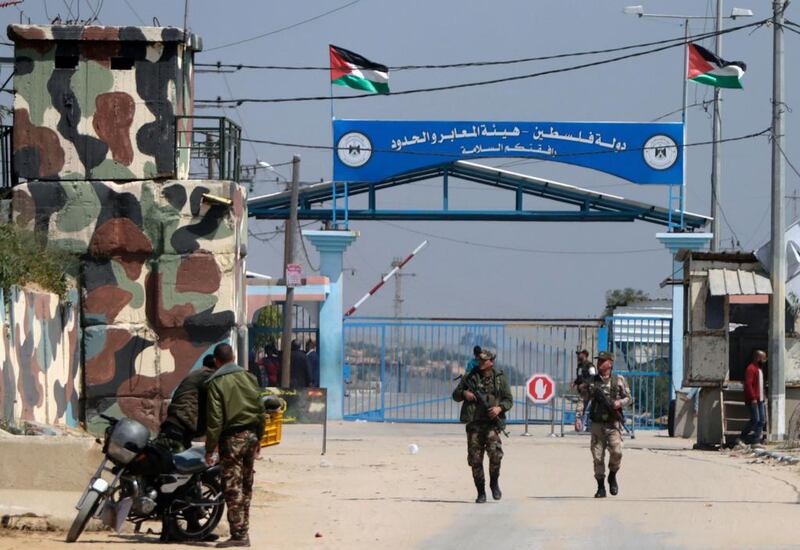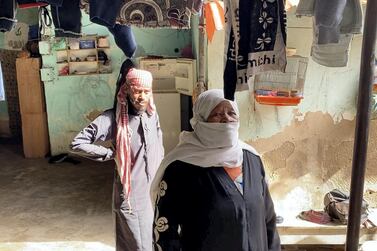Palestine’s economy experienced one of the sharpest contractions on record last year and only a modest recovery is expected this year as its under-resourced health sector struggles to control the spread of Covid-19.
The economy shrank by 11.5 per cent last year and is only expected to grow by 3.5 per cent this year as social distancing measures hit sectors such as tourism, restaurants and construction, as well as workers that depend on jobs in Israel, the World Bank said in a new report.
The Washington-based lender is calling for co-ordinated action to help fight the pandemic’s spread and ensure that health services continue to operate.
“The Covid-19 pandemic and its impact exacerbated an already difficult and worrying situation for the Palestinian economy in 2020,” said Kanthan Shankar, the World Bank’s country director for the West Bank and Gaza.
“As the pandemic becomes even more prolonged, the additional strains on the fragile socio-economic and health systems make it much harder to effectively deal with the crisis.”
The Palestinian Authority's initial response to Covid-19 between mid-March and the end of May was "successful" in containing cases, but a second wave in July and a third in November proved to be much more severe, the bank said.
Palestine had recorded 173,635 Covid-19 cases as of Monday, with 1,976 deaths, according to Worldometer.
Social distancing measures led to a jump in unemployment, which rose by 7 per cent over the past four years to 28.9 per cent in 2020. In Gaza, 43 per cent of people were without jobs in the fourth quarter of last year.
Public revenue was weakened by a reduction in economic activity after Israel revealed plans to annex parts of the West Bank.
The report said that this prompted the Palestinian Authority to stop accepting clearance revenue, which provides most of its income, from the Israeli government.
It also received 20 per cent less in international aid than in 2019.
As a result, the authority faced a financing gap of about $1.1 billion last year, forcing it to deplete its reserves and start 2021 in “a tough fiscal position”.
Financing for the health system has suffered and Palestine has one of the lowest testing rates in the region. A 21 per cent rate of positive tests indicates an uncontrolled spread of the virus, the World Bank said, quoting World Health Organisation guidance.
Other essential health services have also suffered, including maternal and child health and the treatment of non-communicable diseases.
The Palestinian Authority expects to vaccinate about a fifth of the population through free doses provided under the WHO’s Covax programme.
Its health ministry plans to buy enough vaccines to cover 60 per cent, but this would cost about $55 million and it faces a $30m shortfall, the World Bank estimates.
Israel, which currently has the highest vaccination rate in the world, has so far only provided 5,000 doses to Palestine to vaccinate doctors. The population of the West Bank and Gaza is now about five million, according to the latest UN estimates.
In a statement last month, the UN's human rights body said it's Israel's responsibility to provide equitable access to Covid-19 vaccines for Palestinians in Gaza and the West Bank.
"The Palestinian health sector faces significant challenges, and in times of Covid-19, improved coordination between the West Bank and Gaza, as well as between the Palestinian Authority and Israel, would serve as a regional public good in combatting the virus and ensuring recovery of the economy," Mr Shankar said.
The World Bank’s report recommends the reduction of border control challenges to allow Palestinians to procure medical supplies and the setting up of a Public Health Emergency Operations Centre to centralise data management.
More donations to help tackle the pandemic will also relieve pressure on Palestine’s health service, it said.








